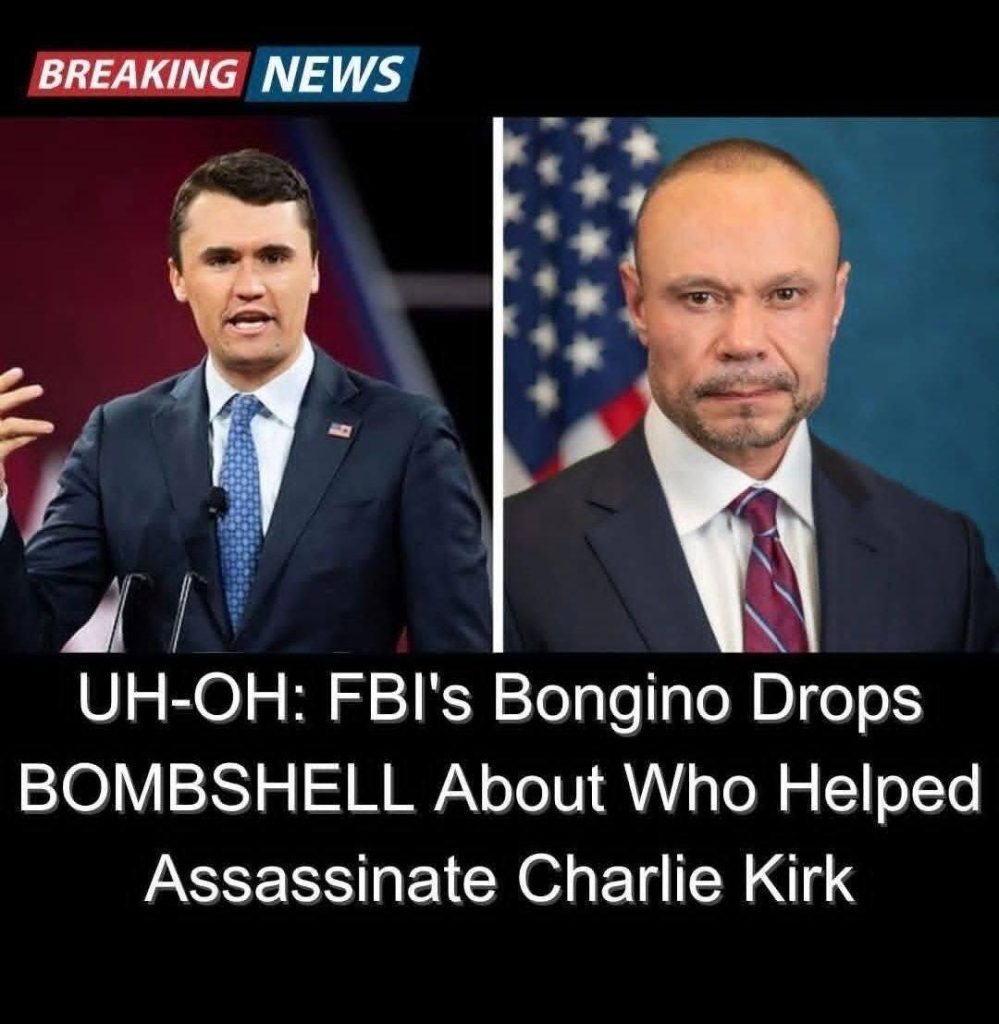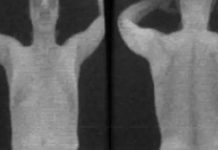Expanding the Investigation into the Assassination of Charlie Kirk
The assassination of Charlie Kirk, a prominent conservative activist, has sent shockwaves across the nation, igniting a comprehensive investigation that continues to evolve. Federal authorities, particularly the FBI, are expanding their focus beyond the single suspect in custody to explore the possibility of accomplices. This development raises unsettling questions about the planning and execution of the attack that occurred on September 10th, particularly during a public event, and challenges the narrative of a lone gunman.
The Role of Accomplices
Current investigations are delving into the notion that the shooter may not have acted alone, as federal agents seek to determine whether the attack was part of a larger conspiracy. Investigators are honing in on several key areas, including whether the perpetrator received financial support, logistical assistance, or any form of inside information that could have facilitated the attack. As FBI Deputy Director Dan Bongino revealed in a recent appearance on Fox News, the bureau is committed to uncovering the full extent of the conspiracy, should it exist. Bongino emphasized the seriousness of the efforts, stating, “If this was a larger effort, if there was any aiding and abetting—whether financial support, logistical help, or simply someone who knew the specifics of it and failed to report—we’re looking into that.”
Investigatory Measures and Insights
The FBI’s approach to this investigation includes a thorough examination of digital communications, financial transactions, and travel records associated with the suspect. These analytical efforts are pivotal in determining whether the assassination was a standalone incident or part of a broader, well-coordinated plot. For instance, reviewing the suspect’s online activities could yield insight into potential ideological motivations or connections with extremist groups that have been known to target political figures. The implications of such findings could be significant, not only for the investigation but also for public perception and the political climate in the country. As more details emerge, it could reveal whether this act of violence was an isolated event or indicative of a more widespread threat.
The Impact on the Community and Supporters
The shocking nature of Kirk’s assassination has resonated deeply within his community and among his supporters. The violence demonstrated in the attack has raised alarms about safety at public events and the increasing risks faced by political figures. Notably, this incident occurred during a forum intended to promote dialogue and civic engagement, a stark reminder of the perils that can accompany public discourse in an increasingly polarized society. For Kirk’s family and supporters, the ongoing investigation symbolizes a quest for truth and accountability. Public officials have assured citizens that every effort will be made to hold anyone involved in the conspiracy accountable, reinforcing the message that these violent acts will not be tolerated. This assurance is not merely rhetoric; it is a necessary foundation for restoring trust in the political process and ensuring that individuals can engage in activism without fear of violence. It is a moment that has galvanized those who share Kirk’s values, intensifying their resolve to advocate for their beliefs in a climate that feels increasingly hostile.The Broader Implications of the Assassination
Beyond the immediate concerns of Kirk’s supporters, this assassination raises broader questions about political discourse in the United States. The incident represents a crescendo of polarized opinions and the potential for violence that can stem from deep-rooted ideological divides. Political analysts are pondering the societal factors that contribute to such incidents—factors that include the rise of social media echo chambers, where extreme views can flourish without challenge, and the normalization of violent rhetoric among certain factions. There is a palpable fear that if not addressed, such incidents may become a regular fixture in the landscape of American politics. As the investigation progresses, it becomes increasingly important for leaders across the political spectrum to promote constructive dialogue rather than hate-fueled rhetoric. Engaging in open discussions about differences in ideology and policy can pave the way for a more respectful political environment. If leaders fail to take this responsibility seriously, they risk contributing to a cycle of violence and retaliation that could have catastrophic consequences for the nation.Looking Ahead: The Path to Justice
As the investigation continues, the FBI remains vigilant in its pursuit of justice. Agents are committed to leaving no stone unturned in their quest to uncover the full truth behind Charlie Kirk’s assassination. This determination reflects not just a commitment to justice for Kirk and his family but also a broader responsibility to society as a whole. In a time when the safety of public figures and the integrity of political discourse are at stake, the outcomes of this investigation may very well serve as a litmus test for future political engagements and dialogue in America. The path to justice will likely require not only pinpointing the individuals directly involved but also addressing the societal conditions that foster such acts of violence. Discussions surrounding mental health support, community engagement, and the role of law enforcement in preventing extremism are vital components of a comprehensive response. Ensuring that individuals feel safe and supported in their political beliefs is crucial to fostering a more inclusive and respectful public sphere.In conclusion, the investigation into the assassination of Charlie Kirk is far from over. It stands as a critical moment for both law enforcement and society, highlighting the need for vigilance against violence in political arenas. The implications of this case will extend well beyond Kirk’s immediate circle, potentially reshaping the landscape of political activism and discourse in the years to come. As the nation reflects on this tragic event, it is essential to consider the broader implications for democracy and civil discourse, ensuring that while passionate beliefs are championed, they do not translate into violence against those who hold opposing views.

















